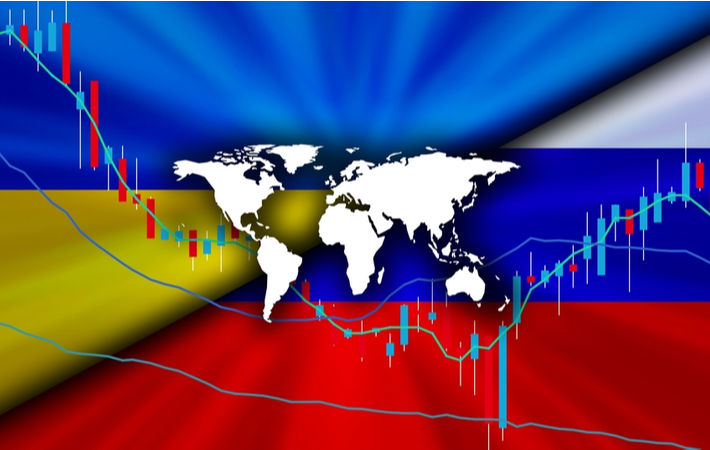
Moody’s has lowered its baseline growth forecasts to capture these shifts in the global economic environment, it recently said in a note. It views the global expansion as dented, but not derailed, and expects the G-20 economies to collectively expand by 3.6 per cent in 2022 compared with 4.3 per cent envisioned in its February outlook.
The war has created a new negative supply shock for the world economy, just when some of the pandemic-induced supply-chain challenges appeared to be starting to fade, said the latest economic outlook released by the Organisation for Economic Cooperation and Development (OECD). The effects of the war will operate through many different channels and are likely to evolve if the conflict deepens further.
A re-division of the world into blocs separated by barriers would sacrifice some of the gains from specialisation, economies of scale and the diffusion of information and know-how, OECD said in the report.
The Bank of England’s Monetary Policy Committee (MPC) recently increased bank rate by 0.25 percentage points to 0.75 per cent. Global inflationary pressures will strengthen considerably further over coming months, while growth in economies that are net energy importers, including the United Kingdom, is likely to slow, the bank said in its monetary policy summary.
The global economic fallout of the war is expected to affect India's economy, while the immediate impact of the conflict on China is likely to be relatively small, according to the International Monetary Fund (IMF). The impact on India’s economy will be mostly through higher cost-push inflation weighing in on all economic agents, said analysts.
The sharp rise in global oil prices represents an important trade shock with macro-economic implications. It will lead to higher inflation and current account deficit, IMF director of the communications department Gerry Rice recently said.
UNCTAD’s rapid assessment of the war’s impact on trade and development shows a rapidly worsening outlook for the world economy, with the situation especially alarming for African and least developed countries. The report shows heightened financial volatility, sustainable development divestment, complex global supply chain reconfigurations and mounting trade costs.
The war is causing freight rate hikes as restrictive measures on airspace, contractor uncertainty and security concerns are complicating all trade routes going through Russia and Ukraine, the report says. The two countries are a key geographical component of the Eurasian Land Bridge.
ALCHEMPro News Desk (KD)
Receive daily prices and market insights straight to your inbox. Subscribe to AlchemPro Weekly!